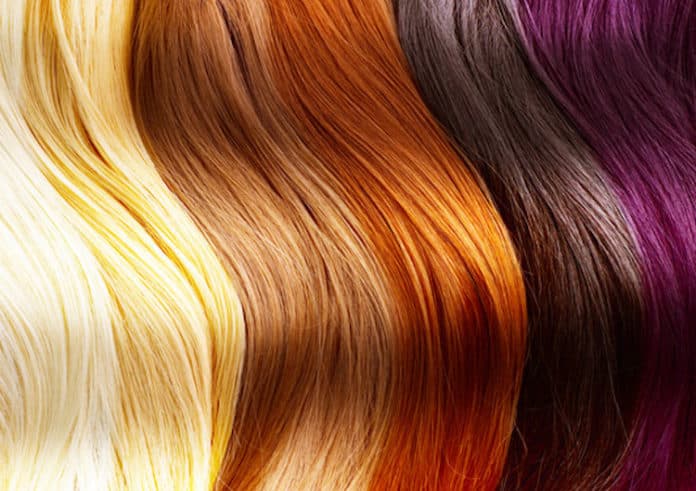Combing the Genome for the Genetics behind Hair Color
Happen to love your hair color? Or maybe not? Whatever your inclination, here are exactly 124 genes for you to be thankful for (or not).
Hair color is one of the most recognizable visual traits and now, researchers at the King’s College London have discovered precisely 124 genes that dictate hair color through a genome-wide association meta-analysis.
Twin studies have suggested heritable factors could explain 97 percent of the variation in hair color seen in people, but previous work had only uncovered about a dozen loci associated with hair color. In a new meta-analysis, a King’s College London-led team pulled together genotyping and hair color data from a cohort of nearly 300,000 people. They identified 124 loci associated with hair color that, together, explain about 21 percent of the variation in hair color.
The genes that affect hair color also affect other cancer types, while other pigment genes affect the chances of having Crohn’s and other forms of bowel disease.
“Our work helps us to understand what causes human diversity in appearance by showing how genes involved in pigmentation subtly adapted to external environments and even social interactions during our evolution,” said joint senior author Timothy Spector from King’s College in a statement. “We found that women have significantly fairer hair than men, which reflects how important cultural practices and sexual preferences are in shaping our genes and biology.”
Perhaps more intriguing was the discovery of marked differences in hair colour among the men and women who took part in the study. The scientists, who drew on data gathered by the UK BioBank and the US genetics company 23andMe, found that women were 25% more likely to report having blond hair than men, and three times less likely to say they had dark hair.
While the scientists cannot rule out that some participants were mistaken about their own hair colour, the numbers are in line with findings from other studies that used optical instruments to measure hair colour. In the past the differences have been attributed to sexual preferences, with women supposedly preferring darker men and men preferring blond women.
“Besides substantially increasing our understanding of human pigmentation genetics in general, finding these new hair color genes is also important for further increasing the accuracy of hair color prediction from DNA traces in future forensic applications, which can help to find unknown perpetrators of crime,” said co-lead author Professor Manfred Kayser, from the Erasmus MC University Medical Center Rotterdam in the Netherlands.
“While the genetics of hair color is an interesting problem in itself, we hope that better understanding of the biology of melanin pigmentation will be applicable to studies of diseases that interact with pigmentation, such as skin cancer or vitiligo,” said co-author Dr. David Hinds, principal scientist at 23andMe Inc.






























